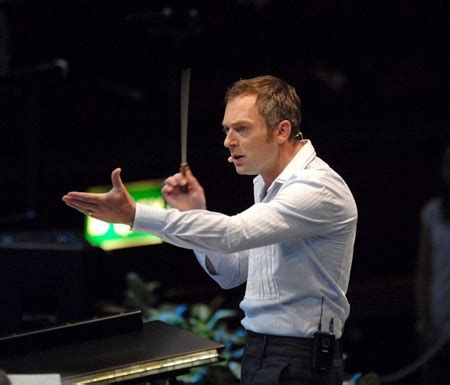A Quote by Tristram Stuart
It's certainly sobering to think that British consumers waste roughly a quarter of the food we buy. Or to put it another way, we funnel £12 billion a year from the supermarket through to our rubbish tips, costing each household an average of £480.
Related Quotes
Every atom you possess has almost certainly passed through several stars and been part of millions of organisms on its way to becoming you. We are each so atomically numberous and so vigorously recycled at death that a significant number of our atoms-up to a billion for each of us, it has been suggested-probably once belonged to Shakespeare. A billion more each came from Buddha and Genghis Khan and Beethoven, and any other historical figure you care to name.
When you buy a meal and you pay a fair price for it, are you doing this to ensure that the employees get health care? When you walk into Mickey D's and you buy a Big Mac, do you ask them, "By the way, is this thing costing enough so that you get health care here? By the way, is this Big Mac costing enough so that you get a pension here?" Do you think any of that when you go buy a Big Mac? No. You want it to be as cheap as it can be. That's why you're there.
We kind of know that food is necessary to survive. But our ways of connecting with food have been, in many ways, taken over by capitalism - certainly taken over by the influence large corporations have on the way that we eat and the way that we think about food. That's why kids these days are more prepared to take nutritional advice from Ronald McDonald than they are from their parents or their teachers or from scientists. And particularly in urban areas, you'll see kids who honestly believe tomatoes come from the supermarket rather than from a plant.
The UN special envoy on food called it a 'crime against humanity' to funnel 100 million tons of grain and corn to ethanol when almost a billion people are starving. So what kind of crime is animal agriculture, which uses 756 million tons of grain and corn per year, much more than enough to adequately feed the 1.4 billion human who are living in dire poverty?
Cisco projects that in 2020, now just five years away, there will be seven billion people on the earth and 50 billion devices connected to the Internet. Six-and-a-half devices on average per person. As a father of five young adults and teenagers, I think we are - in my household, we've exceeded the 6.5 number.
First, we must stop wasting energy. A quarter of the UK's carbon emissions come from the home. Our housing stock - the oldest in Europe - is costing us the earth... After transport, heating is the second biggest driver of energy demand in Britain. British Gas research suggests that householders who put in energy efficiency measures cut their gas consumption by 44%. Better insulated buildings will do much of the work for us.



































